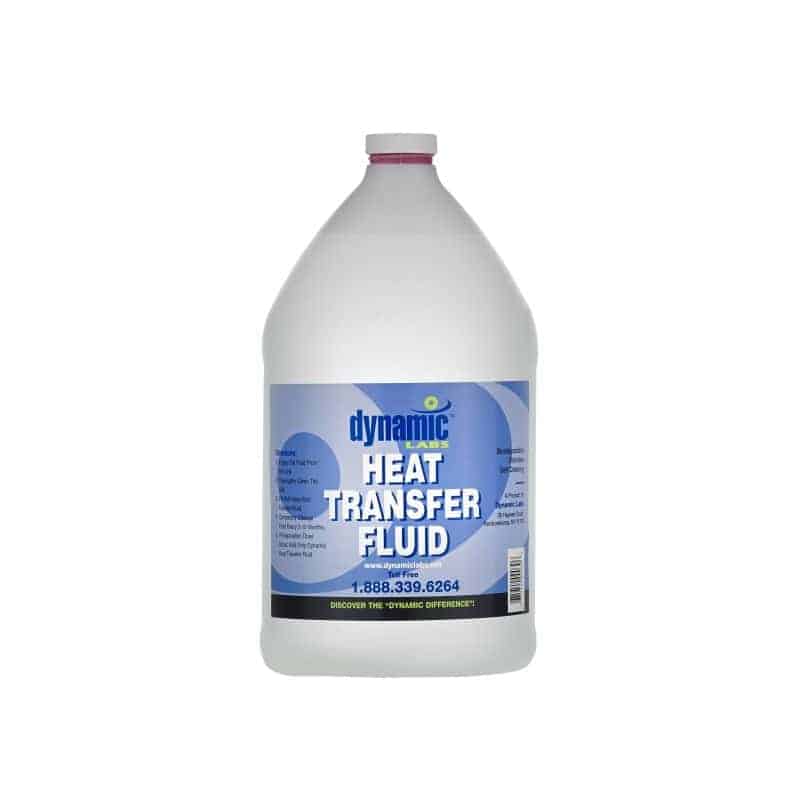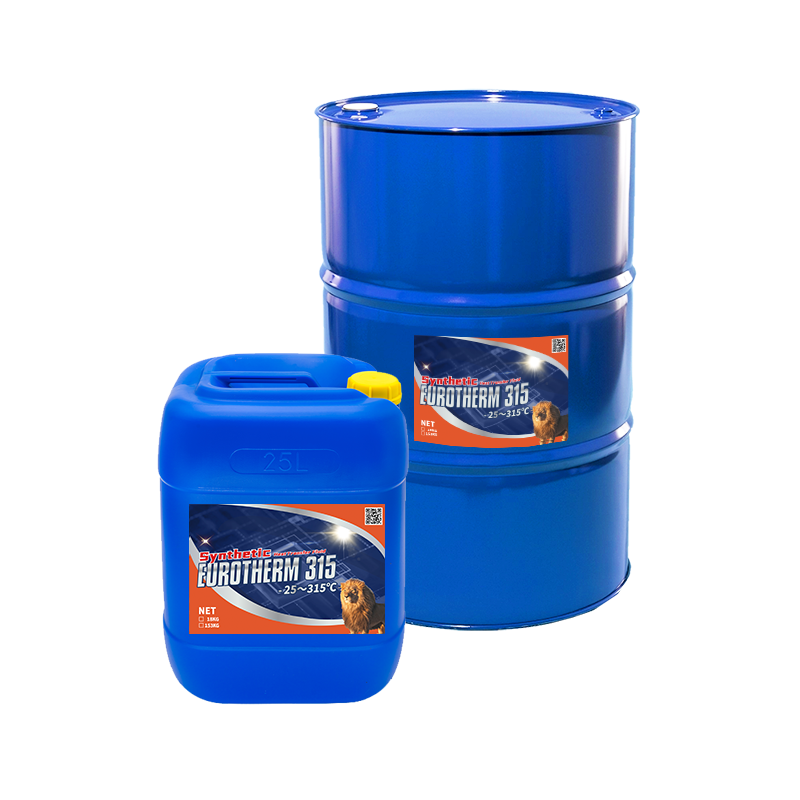Why Warmth Transfer Liquid Is Necessary for Optimizing Energy Transfer in Solution
The duty of heat transfer fluids in optimizing energy transfer is crucial for accomplishing effective thermal management across various industrial markets. These liquids help with seamless warmth exchange, making sure procedures run within optimum temperature level arrays and alleviating the threat of overheating.

Function in Thermal Administration
Heat transfer liquids play an important function in thermal administration by efficiently regulating temperature levels in different industrial processes and systems. These specialized liquids help with the transfer of heat in between different components, making certain optimum operating conditions and stopping getting too hot. By preserving exact temperature control, heat transfer liquids enable sectors such as chemical manufacturing, oil and gas, and power generation to operate safely and effectively.
The selection of an appropriate warmth transfer fluid depends upon numerous factors, including thermal security, heat capability, and thickness. High thermal stability makes sure that the liquid can endure severe temperatures without breaking down, while a high heat capacity enables it to take in and launch significant amounts of warmth - heat transfer fluid. Low thickness decreases the energy required for pumping, adding to overall system effectiveness
Additionally, warmth transfer liquids are essential in applications like refrigeration, where they help absorb and dissipate warm during the cooling cycle. In solar thermal energy systems, these liquids capture and transport solar warm to create electricity or provide hot water. Their versatility to varied operating conditions and capability to preserve regular thermal performance underscore their relevance in industrial thermal management, facilitating operational continuity and enhancing safety and security actions.

Enhancing System Performance
To take full advantage of the advantages of thermal administration, enhancing system effectiveness via the strategic usage of warmth transfer fluids is vital. By preserving ideal temperature degrees, warmth transfer fluids assist make certain that systems operate within their created criteria, thereby avoiding getting too hot and minimizing the risk of element failure.

Types of Warm Transfer Liquids
The variety of heat transfer fluids highlights their important role in a variety of commercial applications, each tailored to satisfy certain thermal monitoring needs. These liquids promote effective energy transfer and are selected based upon crucial residential or commercial properties such as thermal stability, thickness, and warmth capacity. The primary kinds include water, glycol solutions, oils, and synthetics, each offering distinct benefits.
Water is the most usual warm transfer tool because of its high certain heat capability and affordable. Nevertheless, its usage is limited by its freezing and boiling factors. Glycol blends, typically utilized in heating and cooling systems, offer a lower freezing point, including flexibility in numerous climates. Mineral oils are favored for their thermal security find out and non-corrosive nature, making them appropriate for high-temperature applications.

Artificial fluids, consisting additional resources of silicone and aromatic substances, provide extraordinary thermal stability and are made use of in settings demanding extreme temperature ranges. These liquids make certain premium efficiency in systems where traditional fluids may fail. The option of a heat transfer liquid is essential, as it influences system effectiveness, security, and durability. Each kind needs to be chosen to straighten with the functional demands and the particular problems of the application it serves.
Environmental and Economic Benefits
Making use of the ideal heat transfer fluids supplies significant environmental and economic benefits for industrial procedures. By picking fluids with premium thermal security and high warm capacity, sectors can enhance power effectiveness, resulting in decreased gas consumption and reduced greenhouse gas discharges. This adds to a smaller carbon impact and lines up with global sustainability goals. Eco-friendly heat transfer liquids, often eco-friendly and non-toxic, lessen the threat of dirt and water contamination in case of leakages or spills, therefore protecting communities and abiding by strict ecological guidelines.
Economically, the ideal warmth transfer fluid can dramatically reduce functional expenses. Liquids with prolonged lifecycle performance lower the frequency of replacements and upkeep, reducing downtime and linked costs. Overall, the critical usage of ideal warm navigate here transfer fluids supports lasting financial growth and environmental stewardship.
Choosing the Right Fluid
How does one browse the complicated procedure of choosing the best warm transfer fluid for commercial applications? Thermal security ensures the liquid can withstand high temperature levels without weakening, while compatibility stops deterioration or various other damaging responses with system elements.
Furthermore, the fluid's heat ability and thickness are extremely important. A high warmth ability allows the fluid to absorb and move even more power, boosting effectiveness.
Verdict
The critical selection and application of warmth transfer fluids are basic to enhancing power transfer throughout various systems. By ensuring high thermal security and ability, these liquids supply precise temperature level control and boost general system performance. This optimization adds to decreased operational costs and reduced greenhouse gas exhausts, therefore advertising sustainability. The option of liquid, tailored to details viscosity and functional needs, is critical for taking full advantage of efficiency and accomplishing economic and ecological advantages in industrial procedures.